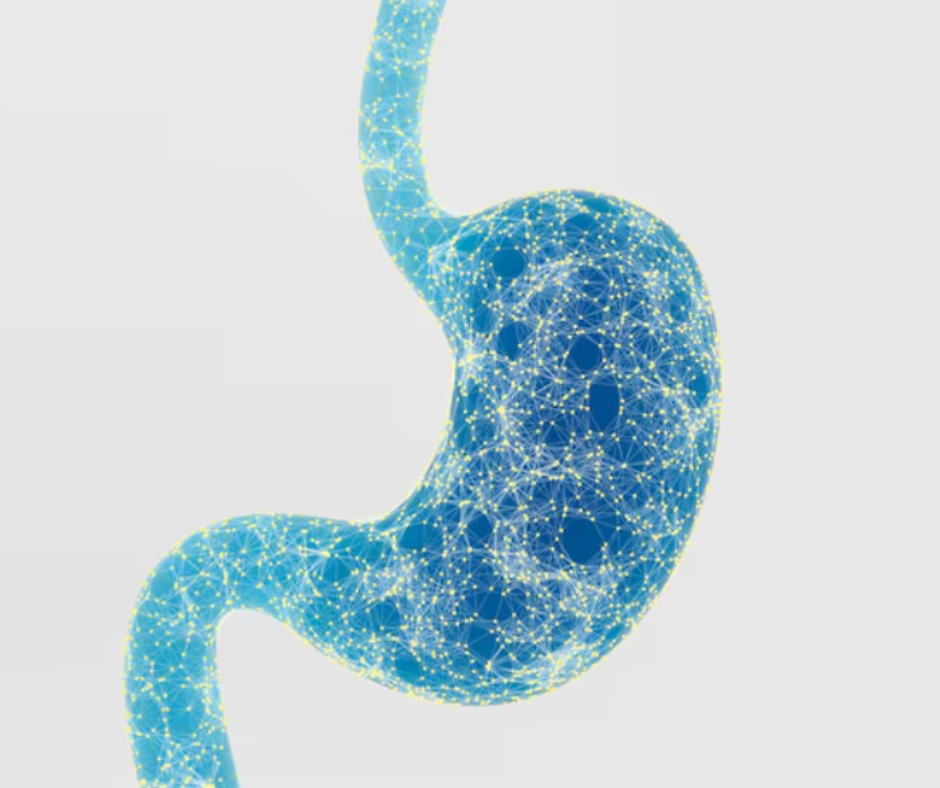Gastroenterologist-Approved Tips for Digestive Health
- livercarecenter23
- Dec 26, 2023
- 2 min read

Understanding Digestive Health
The digestive system is a complex network that plays a vital role in maintaining overall well-being. Gastroenterologists specialize in understanding and treating disorders affecting this intricate system. From common issues like acid reflux to more complex disorders like irritable bowel syndrome (IBS), gaining insight into the basics of digestive health is crucial.
How to Implement:
Provide an accessible overview of the digestive system, explaining its functions and common disorders. Use relatable examples to make the information easily understandable for a wide audience.
Importance of Healthy Eating Habits
Balanced nutrition directly influences digestive wellness. Gastroenterologists emphasize the profound impact of dietary choices on the functioning of the digestive system. Exploring the connection between healthy eating habits and a happy gut is essential for long-term digestive health.
How to Implement:
Explain the role of dietary fiber in promoting digestion and preventing common issues like constipation. Offer practical tips on incorporating fiber-rich foods, such as whole grains, fruits, and vegetables, into daily meals.
Incorporating Probiotics for a Happy Gut
Probiotics, beneficial bacteria found in certain foods, play a key role in maintaining a balanced gut microbiome. Gastroenterologists recommend incorporating probiotic-rich foods into your diet to support digestive health. Understanding the secrets of a happy gut through the power of probiotics is a proactive step toward overall well-being.
How to Implement:
List sources of probiotics, including yogurt, kefir, and fermented vegetables. Highlight the benefits of probiotics in promoting a healthy gut flora, aiding digestion, and supporting the immune system.
The Significance of Regular Colonoscopies
Colonoscopies are a vital tool for detecting and preventing colon cancer, a prevalent and potentially fatal condition. Gastroenterologists stress the importance of regular screenings as part of proactive healthcare. Demystifying the colonoscopy process and understanding its role in preventive care empowers individuals to take control of their digestive health.
How to Implement:
Outline the recommended frequency for colonoscopies based on age and risk factors. Address common fears and misconceptions about the procedure, emphasizing its role in early detection and prevention of colon-related issues.
By incorporating these gastroenterologist-approved tips into your lifestyle, you can take proactive steps toward better digestive health. Remember, consulting with a gastroenterologist for personalized advice is key to maintaining a happy and healthy gut.



Comments